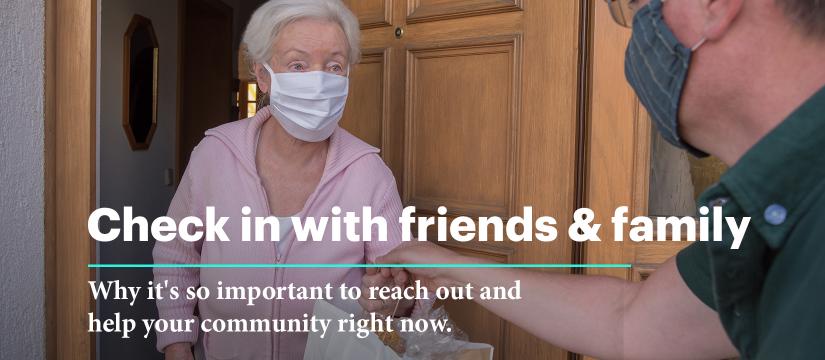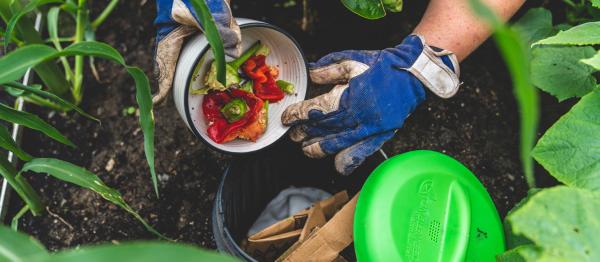
Check in on mental health
With over 60 per cent of the country currently in lockdown, the impact of the pandemic on Australians’ mental health cannot be underestimated. Last Monday, Lifeline received 3,345 calls, the highest daily number ever recorded in the organisation’s 58-year history.
“This has been a tough period for all Australians,” says John Brogden, Lifeline Australia Chairman, “…but we’re glad they know help is out there. The fact that so many Australians are reaching out – many for the first time – and seeking help is a good thing.”
While many people do reach out to organisations such as Lifeline, sadly there are others who suffer in silence. With an increasing number of Australians struggling with separation from family and heightened anxiety, it has never been more essential for us as a community to reach out and help close the gap of isolation.
Check in with loved ones and friends.
By now we’re all too familiar with scanning QR codes to check into supermarkets, shops and venues. But checking in with your family and friends is just as important.
If you have elderly parents or family members who live alone, checking in with them on a phone or video call lets them know you’re thinking of them, but also allows you to check on their health and wellbeing. Ask about their health, how they’re managing and whether they need help with their shopping or picking up medications. If you live nearby, you can drop groceries on their doorstep for contactless delivery or enlist a neighbour or online delivery service to help.
Check in with your single friends and colleagues too and remember to ask if they’re OK. Lockdown can be tough on singles who are separated from their friends, family and colleagues. Suggest a video catch up for dinner together or a group chat over Zoom.
Check in with your neighbours.
Keep an eye on your neighbours if you can, especially those who live on their own or are frail. Give them a call to ask how they are or, if you don’t have their phone number, drop a note with your number in their letterbox to say you’re thinking of them and are here if they need help, or if they just feel like a chat.
What you can do if someone is struggling.
Events and experiences can impact people in different ways. What you might find manageable, someone else might find incredibly difficult.
If you suspect someone you know is struggling, it can be difficult to know how best to help them. Lifeline suggests the first step is to reach out and ask if they are OK. Just by being willing to listen you are helping. By making that connection you could be starting the process for them to find hope and stay safe. Lifeline has a helpful step by step guide for reaching out to someone who you think might need help here.
Lifeline is here for you. Don’t suffer in silence.
Lifeline exists to support people in crisis by providing compassionate support 24 hours a day, every day of the year. With no agenda and no judgement regardless of age, gender, ethnicity religion or sexual orientation, Lifeline’s trained Crisis Supporters believe everyone deserves a chance to speak and be heard. They can also assist you if you’re concerned about someone and not sure what to do.
Contact Lifeline
Telephone: 13 11 14 (24 hours)
Lifeline Text: 0477 13 11 14 (6pm – midnight)
Chat online: www.lifeline.org.au (7pm – midnight)
NRMA Insurance is a proud partner and supporter of Lifeline Australia.



